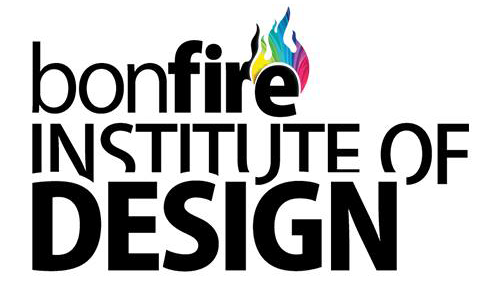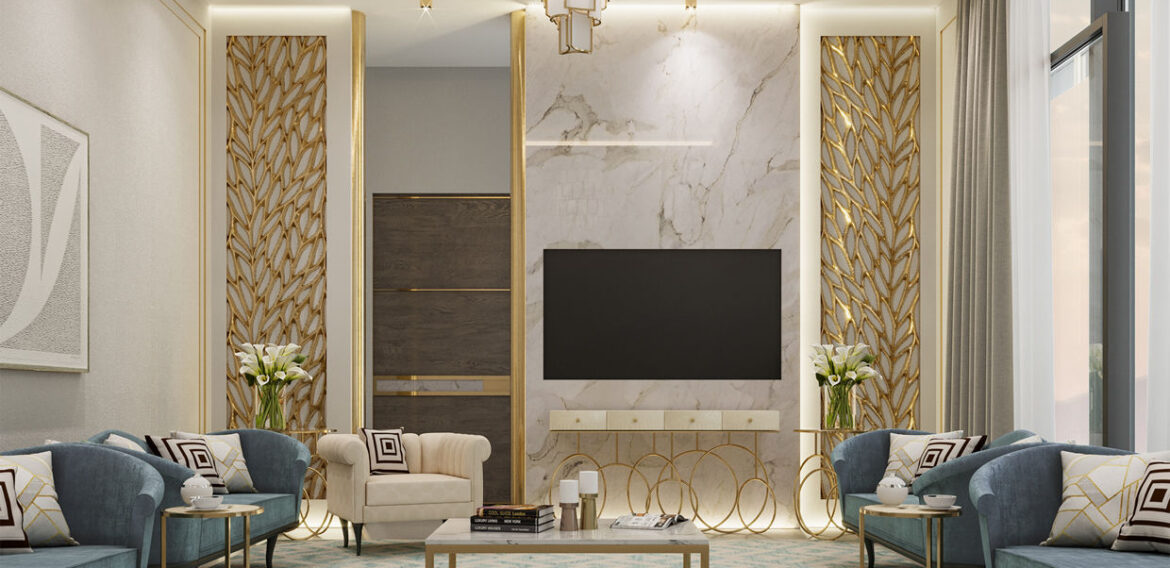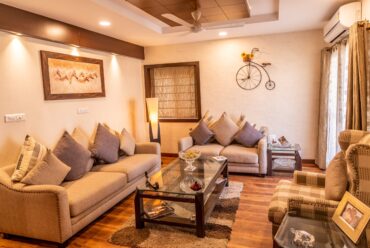interior designing diploma course
Interior Designing Diploma Course: An Introduction
Interior design is a creative and technical field that involves the creation of functional and aesthetically pleasing interior spaces. From residential homes to commercial buildings, interior designers play a crucial role in creating spaces that are not only functional but also reflect the personal style and taste of their clients. If you are passionate about interior design and have a flair for creativity, a diploma in interior design can be the perfect way to turn your passion into a rewarding career.
Benefits of an Interior Designing Diploma Course
- Professional Skills: An interior design diploma course will provide you with the professional skills and knowledge required to succeed in the industry. You will learn about design principles, space planning, materials and finishes, and the technical aspects of interior design.
- Creative Expression: The course will give you an opportunity to express your creativity and bring your ideas to life. You will have access to state-of-the-art equipment and resources, as well as a supportive and inspiring learning environment.
- Career Opportunities: The interior design industry is growing, and there is a high demand for skilled and talented designers. With a diploma in interior design, you will have a competitive edge in the job market and open up a world of career opportunities in areas such as residential design, commercial design, and hospitality design.
- Networking: An interior design diploma course will provide you with an opportunity to network with other students, industry professionals, and mentors. These connections can be invaluable in helping you to establish yourself in the industry and grow your career.
Curriculum of an Interior Designing Diploma Course
A typical interior design diploma course will cover a range of subjects, including:
- Design Fundamentals: This includes the basics of design such as color theory, composition, and elements of design.
- Space Planning: You will learn how to plan and design interior spaces that are functional, efficient, and aesthetically pleasing.
- Materials and Finishes: You will learn about the different materials and finishes used in interior design, and how to select the right materials for your designs.
- Lighting Design: You will learn about the importance of lighting in interior design and how to use light to enhance the aesthetic and functional aspects of a space.
- Business and Project Management: You will learn about the business side of interior design, including project management, client relations, and how to manage a successful interior design business.
- Portfolio Development: You will develop a portfolio of your work that showcases your skills and creativity, and can be used to demonstrate your abilities to potential employers.
Conclusion
An interior design diploma course is an excellent way to develop the skills and knowledge you need to succeed in the industry. With a combination of creative expression and professional development, a diploma in interior design can provide you with a rewarding and fulfilling career in a dynamic and growing field. Whether you are interested in residential design, commercial design, or hospitality design, a diploma in interior design can help you achieve your career goals and make a positive impact in the world of interior design.



